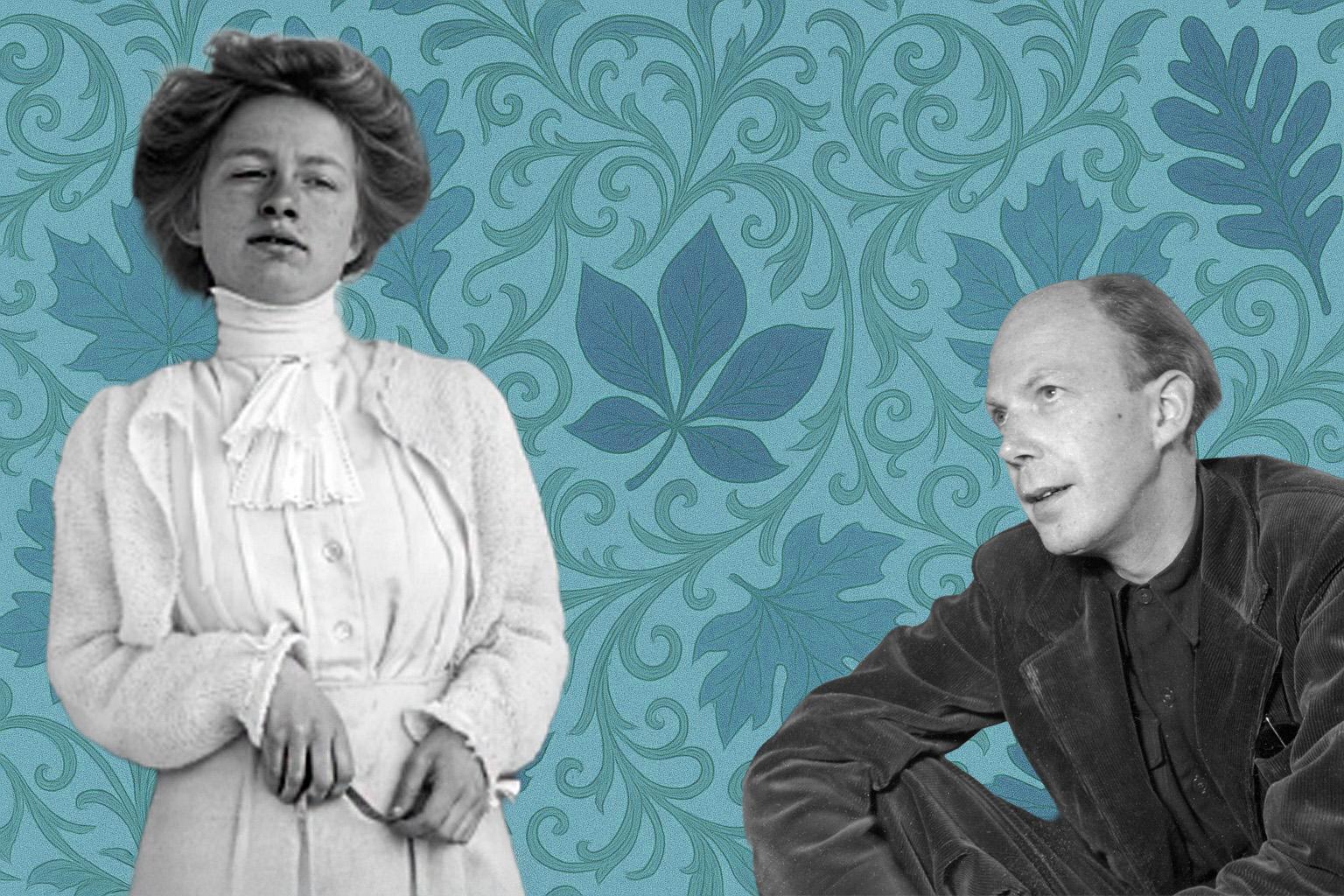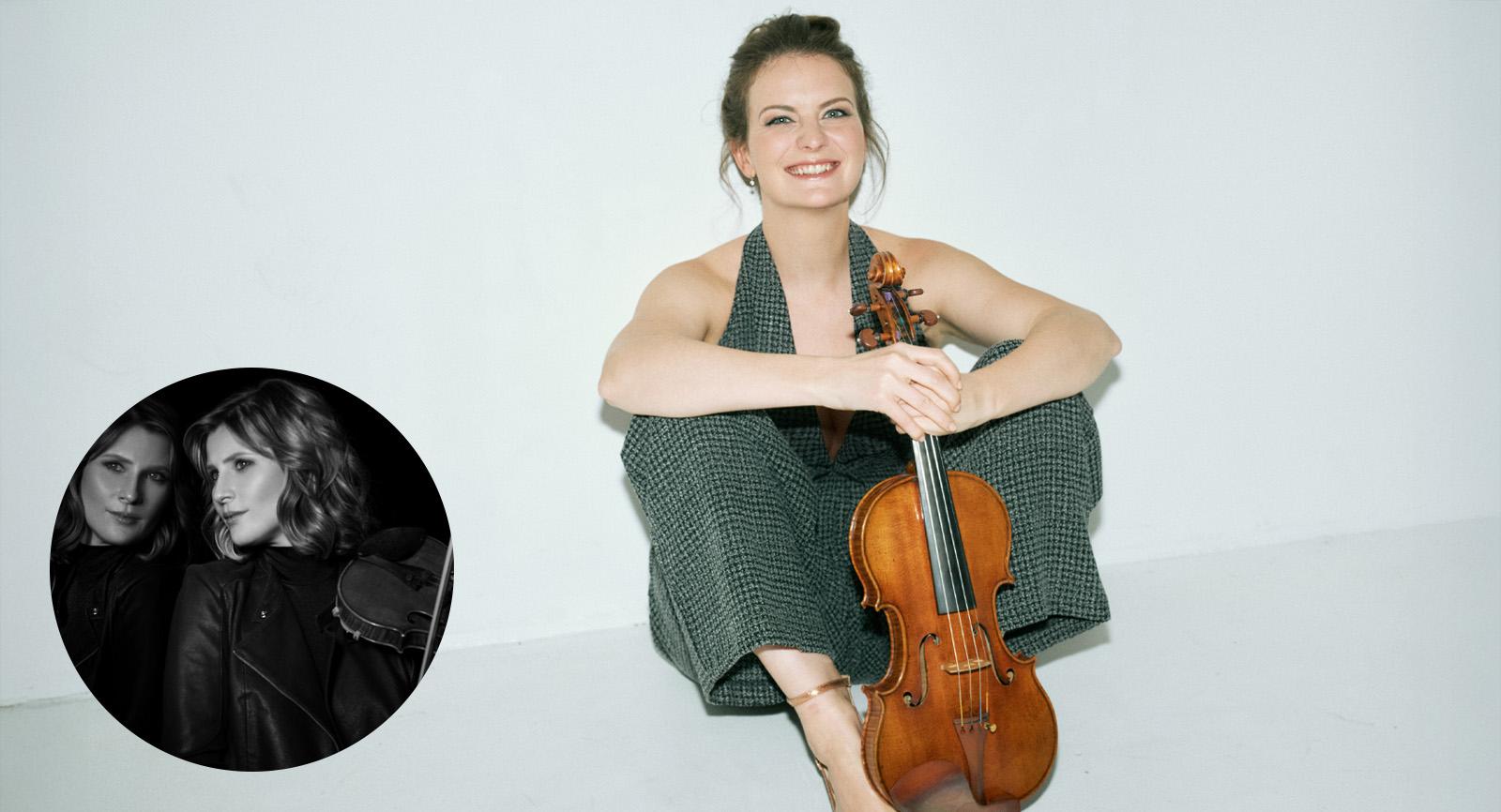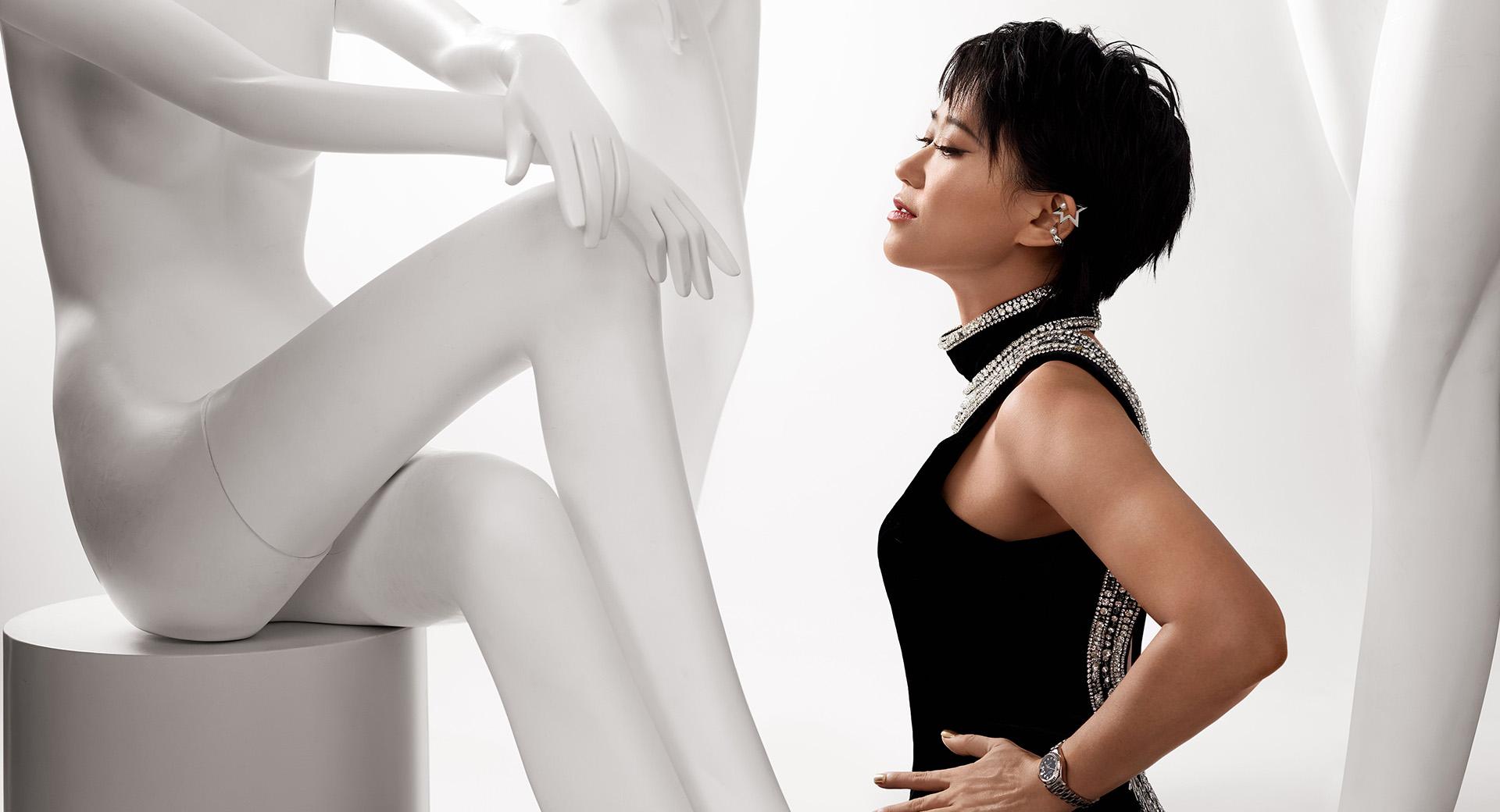The Eric Ericson centenary
For many years, he was the chief conductor of the Swedish Radio Choir, as well as the director of his own small chamber choir. He highlighted new music, encouraged new expressions and was a prominent figure in what is called ”the Swedish Choir Miracle”. Eric Ericson has made an indelible impression on the world of music and is celebrated with two of his own showpieces, as well as one of the many works that he himself commissioned. In addition, it is the première of a completely new commissioned work by Lithuanian Raminta Šerkšnytė, one of the most sought-after choral composers of our time.
This production is part of one or more concert series.
The choral nation of Sweden emerged as early as in the 19th century through social movements, in student towns like Lund and Uppsala, as well as in the church, where choral singing had long been prominent. So it did not really start with Eric Ericson, but there was nevertheless fertile soil in which to cultivate skilled singers, and also a fundamental interest in harmony singing as well as a musical community. As conductor of his own chamber choir as well as Orphei Drängar and, not least, the Swedish Radio Choir, in many ways he elevated choral singing and pushed the envelope for what was considered possible for choral singing – and writing.
The concert bill is in tune with the spirit of Ericson, with a challenging repertoire that demands much from the practitioners, but which is also rewarding in its remarkable beauty. Richard Strauss’s Der Abend and Arnold Schönberg’s Friede auf Erden were written about ten years apart, on either side of the year 1900, and represent on the one hand the very height of romanticism and on the other, the transition to modernism with its liberal approach to traditional harmonics. Both are showpieces of Eric Ericson, which is understandable considering the sonorous wealth and depth of the pieces. Likewise, Gloria by Lars Edlund and Ingvar Lidholm’s “…a riveder le stelle” were recorded by Ericson on several albums and are both examples of the new kind of choral music that he brought to the fore and encouraged. Furthermore, the latter is one of many pieces personally commissioned by Ericson.
In lineal descent from the avant-garde choral composers of the 20th century, there are contemporary composers like Ēriks Ešenvalds, whose suggestive piece, A Drop in the Ocean, has several aspects in common with the other composers on the bill. Lidholm depicts Dante’s and Virgil’s arduous ascent from hell using sharp dissonances and breathtaking movements in the different parts. Using breathing, whistling, mumbling and ethereal chords, Ešenvalds evokes an enchanting mood by setting music to verses from the Bible, as well as to writings by Francis of Assisi and Mother Teresa, to whom this piece is dedicated. At times, the sounds are reminiscent of both Schönberg and, in the tensest passages, of Edlund.
But even more interesting is the new piece written by Raminta Šerkšnytė, and which was commissioned for the festival concert in honour of Eric Ericson. Just as Ericson commissioned new works from composers who were at the musical forefront, this is music by a composer who mixes established techniques with new ones to explore and discover new sides of whichever ensemble she writes for. Šerkšnytė herself describes her music as if she, like with watercolours, wishes to evoke as many shifts and notes as possible. With that level of ambition, an instrument as versatile as the human voice could not be more appropriate.
No bus to Berwaldhallen from Stockholm City –
Busline 69 is shortened and runs Karlaplan – Kaknästornet / Blockhusudden. For more information, please visit www.sl.se/en/
FESTIVAL OFFER (Östersjöklippet)
With the Baltic Sea Festival Offer (Östersjöklippet), you get three different levels at a discount – 10, 15 and 20% off the regular fare depending on whether you buy three, four or five different concerts at the same time.
TO ’ÖSTERSJÖKLIPPET’



